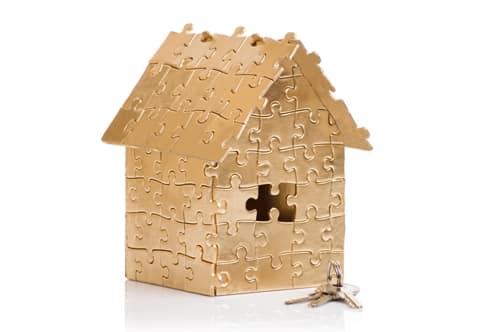Speaking with a mortgage broker in the Whitsunday Shire, whether in Collinsville, Bowen, Proserpine or anywhere else, you’ll touch on a range of topics: Your long-term goals, financial situation and suitable loan structures, just to name a few. One of these topics may well be lender’s mortgage insurance (LMI).
What is LMI?
LMI is a special type of insurance that lenders take out in order to protect themselves from the financial ramifications of a borrower defaulting on their debt. Typically, the lender holds the property as collateral and will sell it to make their money back. But this is an extra contingency in case property values decline and they can’t recoup the loss.
How does it affect me?
Although the lender is technically taking the insurance out, they will pass the cost – which can be thousands of dollars – on to you, the borrower. It will usually get added to the total of your home loan as a one-off cost. You won’t need to do anything – the lender will provide all the necessary documents and information.
Will I always have to pay the cost of LMI?
LMI is only necessary in certain situations, mainly if your loan-to-value ratio (LVR) is too high. If you borrow more than 80 per cent of the value of the property, this means you’re a higher risk borrower for the lender, and LMI is likely to be incurred as a way to mitigate this risk.
This isn’t necessarily a bad thing, as the existence of LMI means a broader range of borrowers are able to get access to loan products.
How can I avoid LMI?
All you need to do is save up a good deposit – at least 20 per cent of the property’s value in most cases. Be aware, however, that different types of loans have different acceptable LVRs, so depending on what type of loan you’re taking out, you may need to save more.

